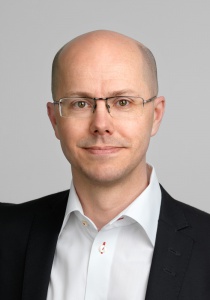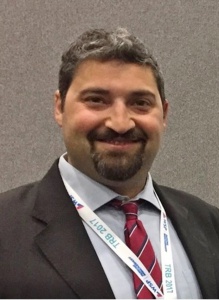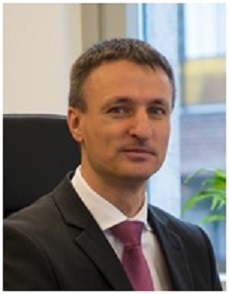Keynote speakers:
Prof. Jonas Eliasson – Achieving support for efficient solutions? A fundamental transport policy dilemma
(Director of the City of Stockholm Transportation Department)
Urban transport planning is characterized by the scarcity of space and several kinds of externalities such as congestion and emissions. This means that the cornerstones of urban transport planning are 1) space-efficient ways of transportation, e.g. attractive public transport, smart logistics etc. 2) ways to internalize externalities, e.g. congestion pricing, emission control zones etc. In principle, these strategic planning principles are well understood by transport planners and economists. The hitch is that such measures often meet resistance from politicians and the general public. There are several obstacles for implementing smart and efficient urban mobility solutions, including the inherent shortsightedness of politics (future citizens don’t vote in today’s elections), status quo bias, resistance against pricing as an allocation measure, failure by decision-makers to choose the most cost-efficient investments and many others. This talk discusses the nature of some of these obstacles, and provides ideas for how they can be overcome.
Prof. Francesco Viti – Understanding Daily Demand Flows in the Era of Big Data
(Associate professor at the University of Luxembourg)
The next decades will be characterized by greater investments on sensor technologies and Intelligent Transportation Systems, to facilitate the paradigm shift towards full automation and connectivity in transport and mobility. If intelligent vehicles and the smart mobility services will partly mitigate the random nature of human factors, not everything in the future will be predictable. Demand flows will still unavoidably be driven by personal mobility needs, and travel choices will, on the contrary, become more complex and ill predictable due to an increasing number of multimodal and interacting sharing options. This talk will provide an overview of the current and future challenges in capturing and modeling daily mobility patterns from various sources of (big) data (GSM, floating car data, smartphones, etc.), and proposes a list of ingredients in both models and technologies, which are deemed necessary to estimate dynamic demand flows that are consistent with the observed daily activity-travel behavior.
Dr. Kálmán Dabóczi – Responsible mobility management for liveable Budapest
(CEO of BKK Centre for Budapest Transport)
BKK Centre for Budapest Transport – established in 2010 – is acting as a responsible mobility manager of the city providing strategic planning and organising public transport services, harmonising travel demand based upon sustainability principles. As a result of the past years’ development and innovation, Budapest managed to join the league of metropolises that have an efficient transport governance system with an integrated mobility manager, a sustainable urban mobility plan (SUMP) and a public transport system that provides better services, integrated transport infrastructure with more connections and has attractive vehicles, is customer oriented and values quality and innovation. A responsible mobility manager has to be committed to helping citizens to become smart travellers with reasonable mobility choices, and be aware and implement the latest trends in mobility, such as e-mobility, automation, public participation, mobility as a service and sharing based mobility.




